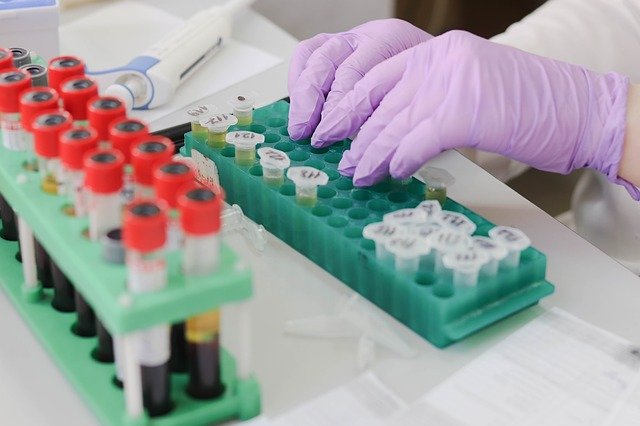
PerkinElmer has secured approval from the US Food & Drug Administration (FDA) for its GSP Neonatal Creatine Kinase –MM (CK-MM) kit.
The new FDA-approved assay kit is claimed to be the first commercially available assay for screening newborns affected by Duchenne muscular dystrophy (DMD).
DMD, which is an X-linked recessive disease, is the most prevalent type of muscular dystrophy that affects around one in 5,000 live male births.
The mutations in the dystrophin gene lead to the DMD. Dystrophin gene helps to provide mechanical strength to the muscle fibres.
PerkinElmer’s new assay kit will help screen newborn babies by measuring CK-MM
The company has specifically designed the new kit for screening newborn babies by measuring CK-MM, which is the predominant isoform in skeletal muscle cells and most specific to skeletal muscle damage.
CK-MM levels are typically inflated in skeletal muscle cells, as the degeneration of skeletal muscle cells makes CK release into the bloodstream.
PerkinElmer reproductive health vice president Dr Linh Hoang said: “Screening newborns not only prevents DMD patients and their families from an unnecessary diagnostic odyssey, but also ensures timely treatment for a disease that could otherwise go undetected for years.
“By measuring the muscle-specific isoform, rather than total CK activity, PerkinElmer’s assay enables clinicians to identify babies with this condition faster and, most importantly, give them a better chance at improved health outcomes.”
In October this year, PerkinElmer introduced PG-Seq Rapid non-invasive preimplantation genetic testing for aneuploidy (PGT-A) kit.
The new PG-Seq, which serves as an alternative to in vitro fertilisation (IVF) embryo biopsies, has been designed to test spent embryo culture media for chromosomal abnormalities during IVF treatment.
With around 13,000 employees across the world, PerkinElmer provides solutions to the diagnostics, life sciences, food and applied markets.
The company serves customers in over 150 countries. It reported revenue of around $2.8bn in 2018.






